
If you have a new puppy joining your family, then you have your hands full as you start to get ready for their arrival. When it comes to nutrition, having a proper understanding of puppy requirements is important to the health of your new canine companion.
Early nutritional support can have a positive effect on your puppy’s health into their adult years. Each puppy is different as size, breed and temperament play into their nutritional requirements. Puppies will grow up to be one of the following sizes:
- Giant – 75-120+ lbs
- Large – 55-85 lbs
- Medium – 35-65 lbs
- Small – 7-35 lbs
- Toy – 2-9 lbs
Each size brings its own personal characteristics that will impact their nutritional needs. But no matter what size they are, they require good food at the start of their lives. By addressing their food requirements early, you will have a better chance of keeping them fit and healthy while being proactive in preventing illness and disease.
A dog’s puppy phase is not a clearly defined timeline. They move into adulthood at different times depending on their size. You can’t always determine this by breed alone. There are many mixed breeds as well where size will have to be a general indicator.
Giant and large puppies will move into adulthood around 13-15 months of age due to a longer growth period. Medium, small and toy breeds will all be somewhere around nine months as they enter adulthood. None of this is set in stone, but these estimates will give you an idea on how often to feed them and what product they should have to help them grow into healthy adults.
Once you have a basic idea of how your new puppy will progress in their growth, you must look at what changes occur while this is happening. Their bones will grow and harden, their joints, muscles, ligaments, and tendons will all change as well. Their coats become thicker, they lose their baby teeth, and their immune system begins to work more consistently as they become exposed to more of the outside world and all its environmental allergens and germs.
Part of learning what nutrition your new puppy will need based on size and physical changes will come when you talk with your dog’s veterinarian as there will never be one brand of dog food that will fit all puppies. You and the vet will have to gauge your dog’s size, character, potential medical issues and life style as you chose a food along with the amount of food and the number of times they should be fed each day.
You need to look at their activity level as well when deciding on food.You can’t overfeed a puppy as it is just as detrimental as not having enough food.Future health issues can include:
Once you know your size of the dog, their potential health issues, and lifestyle, then you can move on to learning about how and what to feed them.
Contents
Puppy Nutrition

Your new puppy needs quality nutrients and the appropriate caloric content to suit their physical and mental growth. The choice of food will affect them not only in their puppy stage but in their later adult life as well. They will need a good, quality protein, healthy fats, and nutritious carbohydrates.
Quality protein is important for muscle growth and health along with immune and nervous system support. Meat protein is processed easier by puppies than plant protein so looking for that in their food is helpful.No matter what puppy food you decide on, it should have no artificial ingredients, colors or flavors or preservatives.
Be mindful that some foods use fillers such as corn cobs, by-products, soy, cottonseed hulls, peanut hulls, and straw. These can be included as a cheap filler, and they offer no nutritional value and have poor fiber content. Read nutrient labels and look for good ingredients such as:
Best Puppy Food Types
Now that you have researched food for your puppy by looking at size, potential health issues, lifestyle and nutritional needs you can begin to pick your puppy food options. The pet store will have almost anything you can think that your puppy might need. They have rows of bags, cans, and packages in different sizes for different ages, breeds and lifestyles. They also have foods that include special benefits for puppies with potential medical conditions. Here are some good quality puppy foods that cover wet, dry and raw types of food for your new canine family member depending on size and food type preference.
Toy & Small Puppy Dry Food
Royal Canin X-small Junior
A simple recipe that focuses on sensitive digestive systems of smaller puppies under four pounds,it has easily digestible proteins and prebiotics that will help with the gastrointestinal tract. It also has good carbohydrates to keep energy levels up. It is specially designed for very small, growing puppies.
Toy & Small Puppy Wet Food
Canidae Grain Free Pure Foundations for Puppies
This offers a great limited ingredient diet for your puppy. This food does not contain too many items to bother their stomachs, and it has high-quality protein to help them grow. It has chicken, liver, peas, and sweet potato, all of which are healthy and nutritious for your small puppy.
Toy & Small Puppy Raw Food
There are differing opinions on this, but many say it is not healthy to feed a toy or small puppy only a raw food diet as they can not get the nutrients they need for proper growth. If you do make a choice to feed them this way, then you may have to create your own recipe to meet all their nutritional needs as there are very few raw products on the market created especially for puppies.
The need for balanced calcium, vitamins, and minerals is crucial to early puppy growth. However, if you can’t offer raw food, you can offer them very small portions of raw treats such as Purpose Freeze Dried Raw Treats to add to their dry or wet food nutritional intake or if you are creating your own recipe.
Medium & Larger Breed Dry Puppy Food
Hills Science Diet Puppy Large Breed Chicken Meal & Oat Recipe
This nutritionally balanced product is great for your new puppy. It is made into small pieces of chicken and oats that fit their puppy size mouths. This smaller size helps with chewing and processing the kibble while they are still little. This recipe has the nutrients they need for digestive and skeletal health too. There is the added bonus of vitamins C and E to help with immunity, skin and coat health.
Medium & Larger Breed Wet Puppy Food
Merrick Classic Grain Free Puppy Plate
This product is well balanced nutritionally for your larger breed puppy with real premium meats, fruits, and vegetables. It’s important not to give them too much calcium due to joint and bone issues so it must be balanced with just enough in the recipe. This recipe can be eaten alone or in combination with dry food.
Feeding Schedule for Puppies
Puppies need some special ingredients to support their fast growth when it comes to what they eat. With larger puppies growing slowly and the smaller sizes more quickly, nutrition requirements vary for each particular group of pups. However, in contrast to different types of food varying in sizes, most sizes of puppies can be held to a similar feeding schedule up to about nine months.
0-3 Months
Your puppy is going to grow quickly in the first three months of their life. It’s important that they remain with their mothers until they are eight weeks old and in the best-case scenario, 12 weeks old. This can not always happen if they are a stray or rescue, or if their mother is no longer able to care for them. Either way, puppies usually do not have solid food until they are weaned as they are getting all the nutrients they need from their mom or bottle feeding if there is no mom.
Once they start to be weaned, solid dog food can be introduced. Puppies are acutely aware of when they are full so do not need measured portions as older dogs do. Their food can be put in a bowl and left out so they can graze as they feel necessary. Their caloric intake will match their hunger, and they tend not to overeat. However, if you are uncomfortable with the grazing option, make sure they have access to food at least four times a day to make sure they are not going hungry.
4-6 Months
Once your puppy turns four months of age, they can be offered meals three times per day. This is the point where you were to watch for overfeeding, especially in the case of large breed puppies as they are predisposed to joint issues. Extra weight is not easy to get rid of, and it can be damaging to their health if they are carrying extra weight from overfeeding.
In contrast, puppy owners need to watch and make sure that their dogs are gaining appropriate weight. Sometimes they may not grow as they should, and if this is the case, then there could be other medical issues that are not clearly evident and need to be diagnosed.
6-12 Months
This is the age where your puppy can move to twice a day feeding. Some smaller puppies such as toys or small breeds can move to adult food during this time as well. However, if your puppy is a medium,large or giant breed, then they will require puppy food longer as their body is still in growth mode. They will continue to grow but should still move to twice per day feeding with the same number of calories. This handy feeding reminder can help busy households as you and your puppy adjust to a new feeding routine.
Along with this feeding schedule, your puppy should be allowed some treats after they are weaned from their mothers or bottles. Blue Buffalo Blue Bits can be used as positive reinforcement and rewards when doing basic training with your puppy- when teaching commands, or simply as an extra treat.
Puppies and adult dogs are allowed up to 10% of their calories from treats. These treats should still be healthy though and should still abide by their nutritional guidelines and requirements.
Final Thoughts
These nutritious puppy foods and snacks are good options as you learn what, when and how to feed your new canine friend. Healthy, quality foods will give your puppy the proper, high-end nutrients they need to get them healthy through their growing months and into their adult years.
Each breed and size of puppy will have their own potential health issues and requirements that need to be included as you consider their food, feeding schedules and nutritional needs. Include yourpuppy’s veterinarian as part of the conversation so they can give their opinion on what the best schedule and food content arebeneficial for your new puppy.
Your puppy will grow to be healthy and fit with the right nutritional content, exercise and healthcare. Early nutritional support will not only benefit your new puppy in the short term but into their adult years as well.
I grew up in a household that was filled with animals. I believe that my fate as a dog-loving person was sealed in early childhood since my parents owned several dogs of varying sizes and breeds. There was no choice but to take care of and learn about dog habits and the best animal care practices — otherwise, I’d be clueless about how to go about the creatures I was surrounded by day and night.
As a life-long puppy lover, I know a thing or two about dogs and how to go about caring for them in the best way possible. Although I’m not a professionally trained dog behaviorist, trainer, or veterinarian, all of my knowledge and experience with canines comes from a place of love and a deep-rooted passion for dogs and animals in general.
Seeing as dogs kept me company throughout every stage of my life, I decided to follow a different path in my academic life and obtained a Bachelor’s and Master’s degrees in Marketing Management and Digital Advertising, which ultimately allowed me to combine my professional training and personal experience by creating the ultimate dog lover’s resource website! Along with my husband, Dave, I run MySweetPuppy for like-minded dog lovers who want to have a single, clear, and reliable information source about anything and everything related to dogs and their well-being.

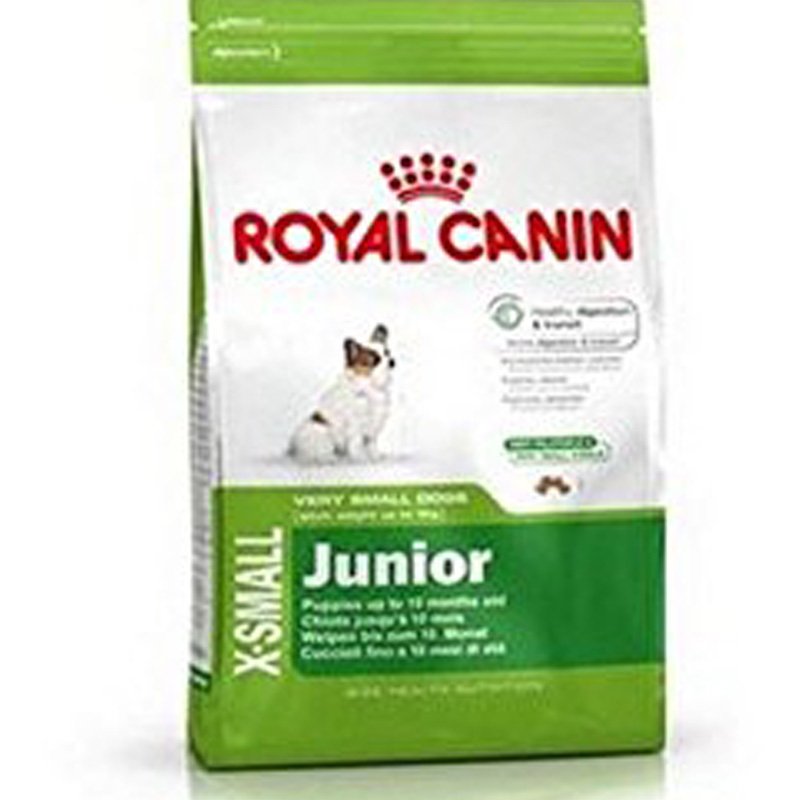
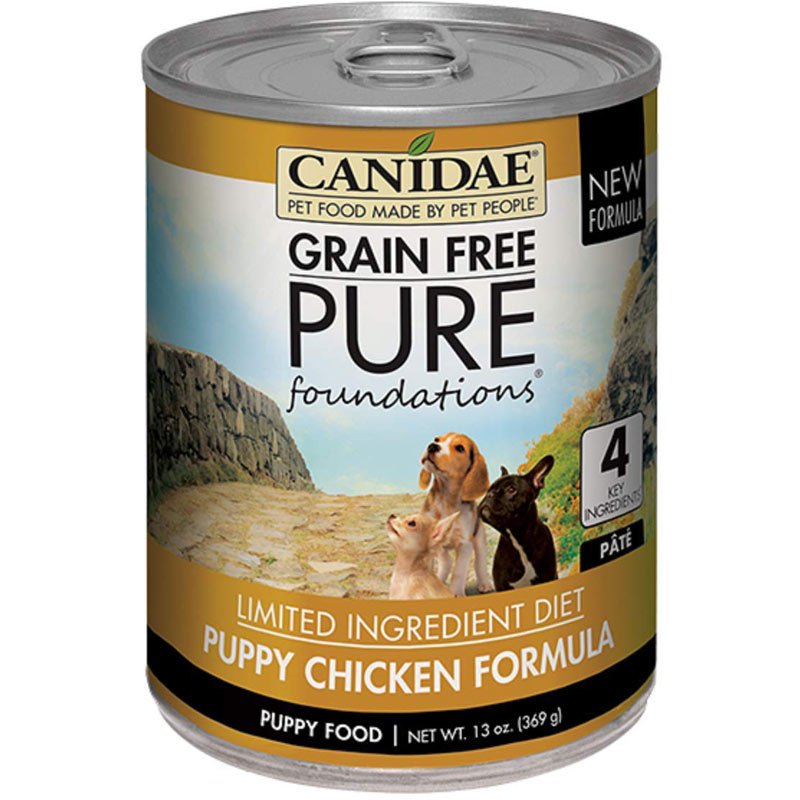
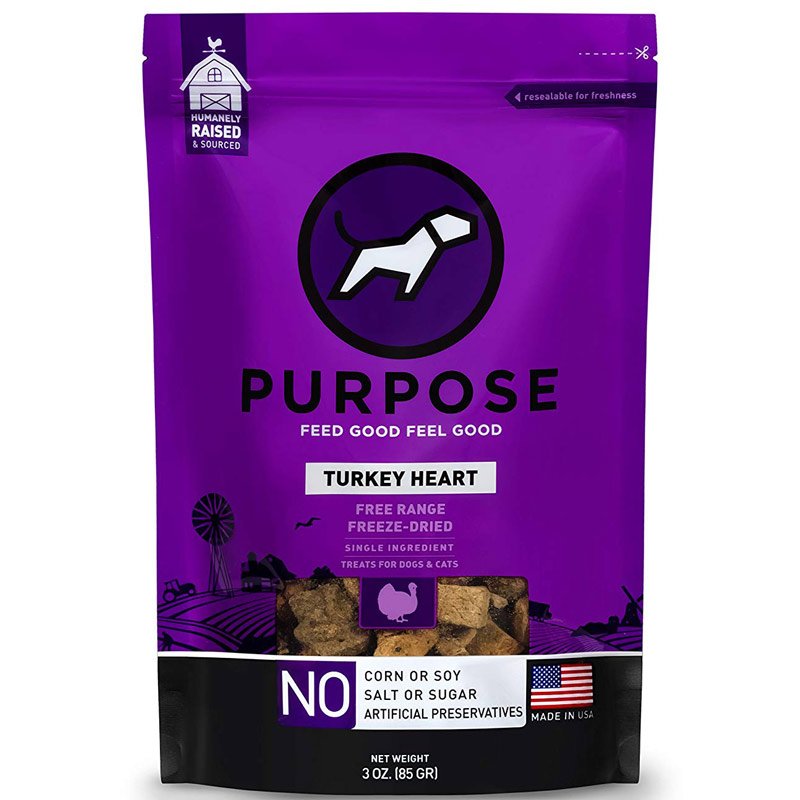
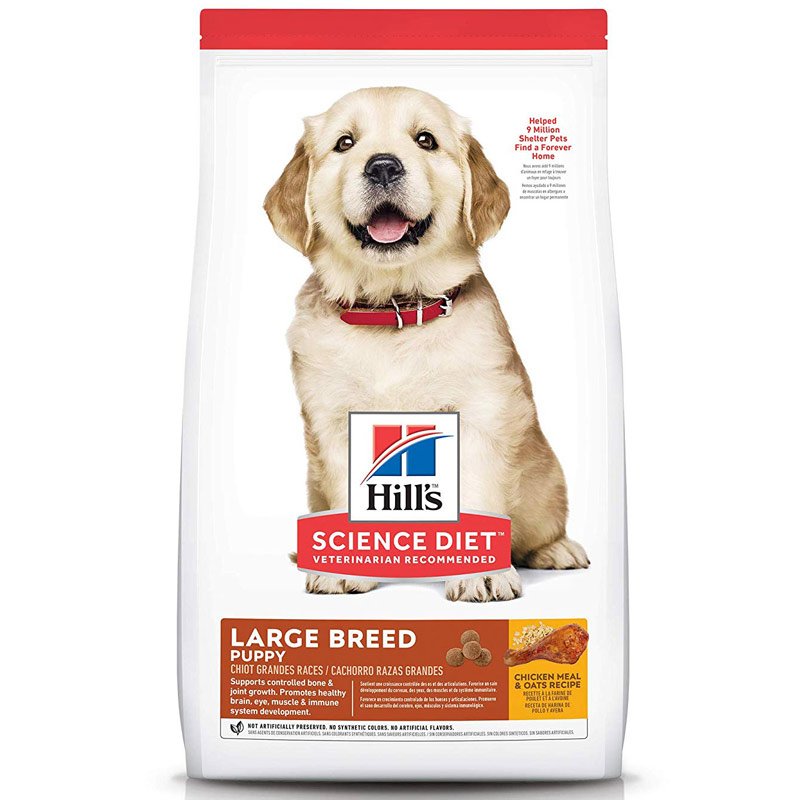
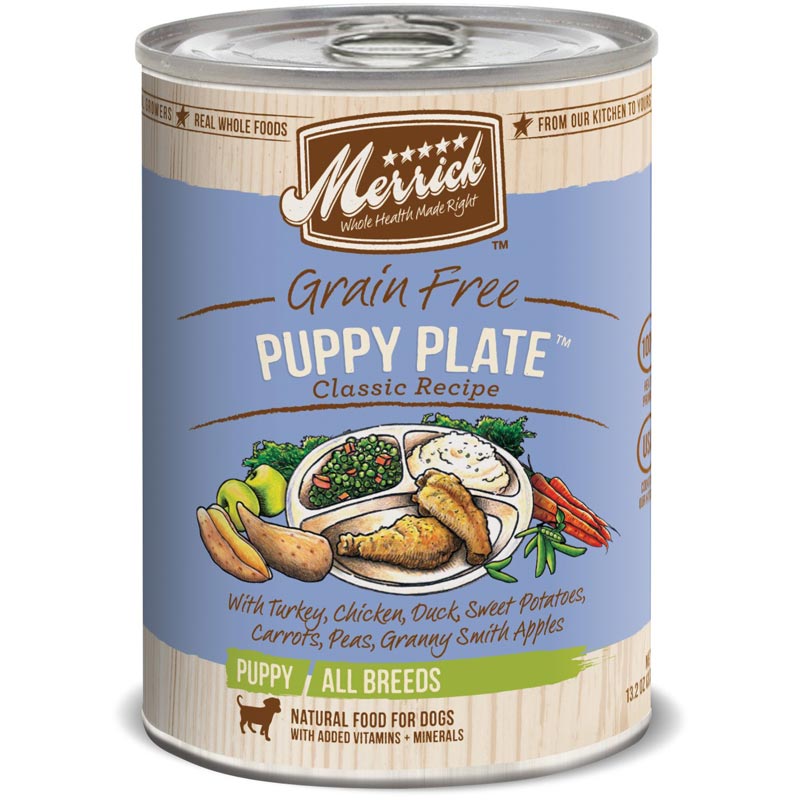
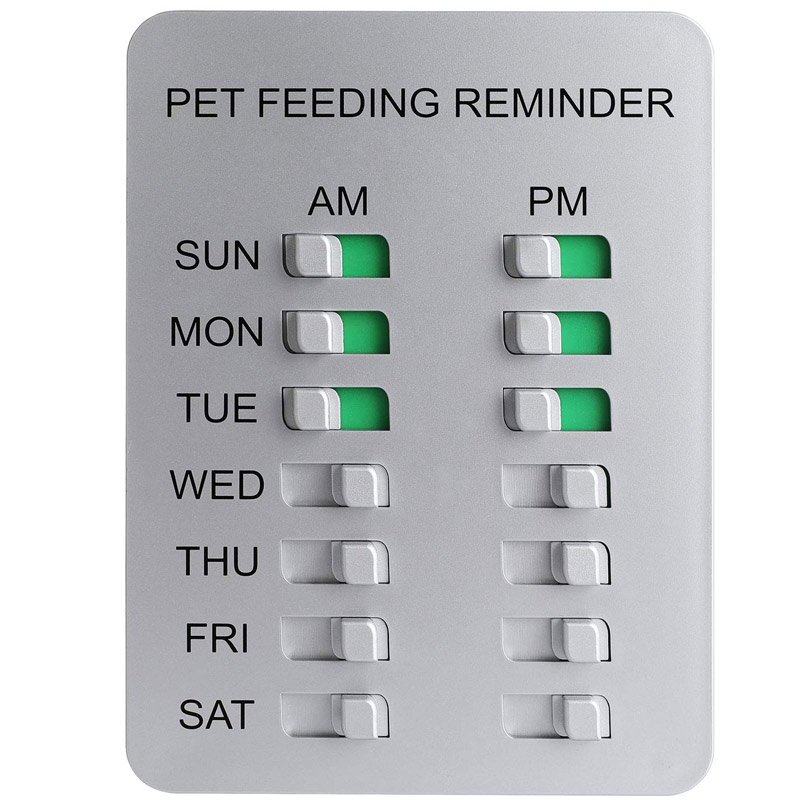
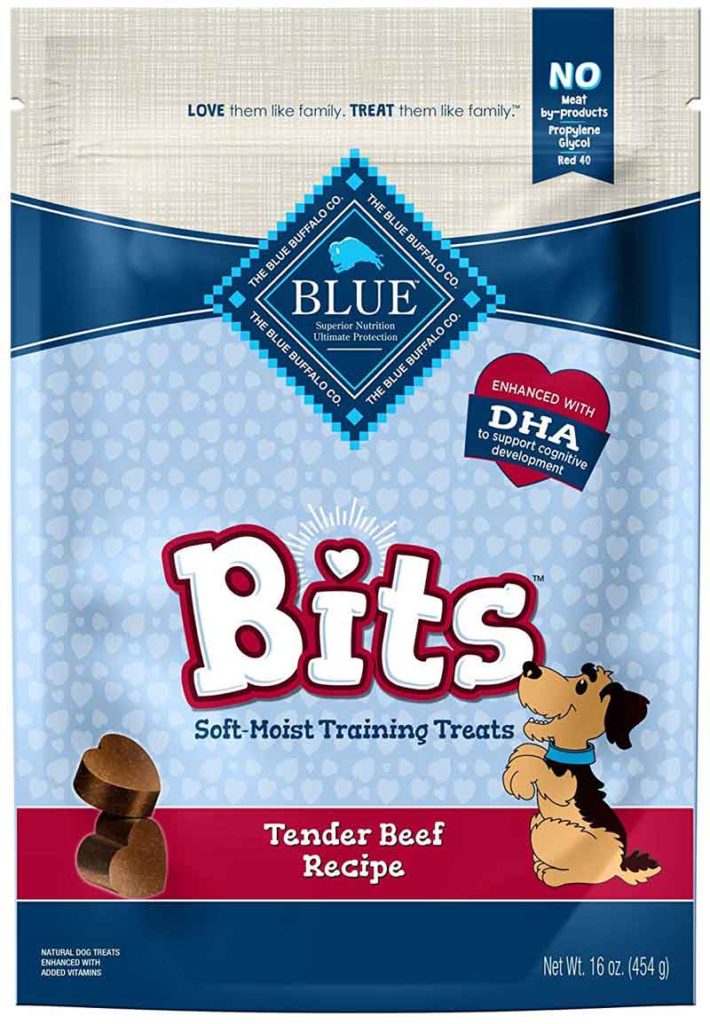

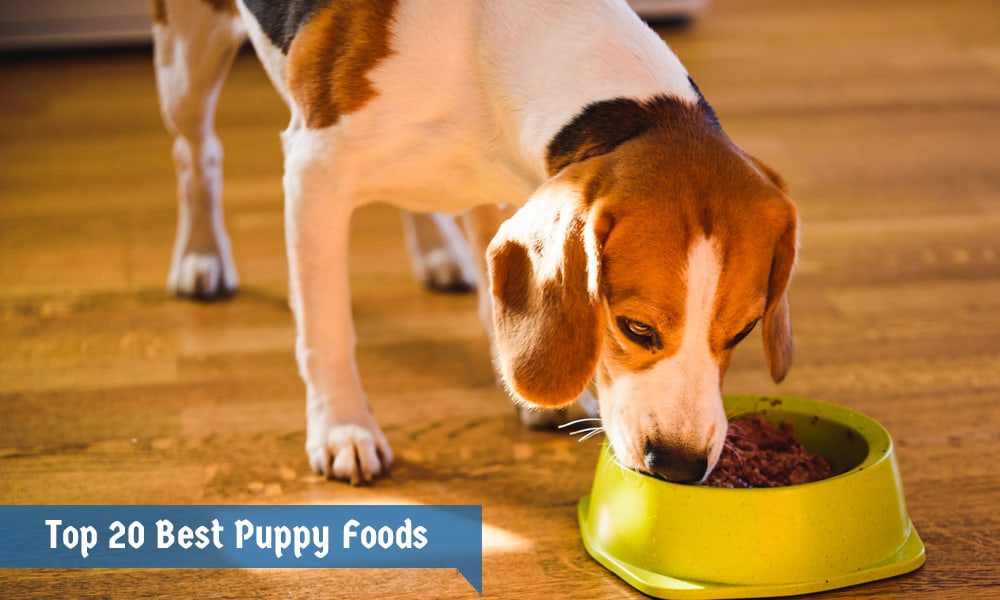
![[REVIEW 2021] Is Blue Buffalo Food A Good Choice For Your Pup?](https://mysweetpuppy.net/wp-content/uploads/2015/10/blue-buffalo-puppy-food-reviews-210x210.png)